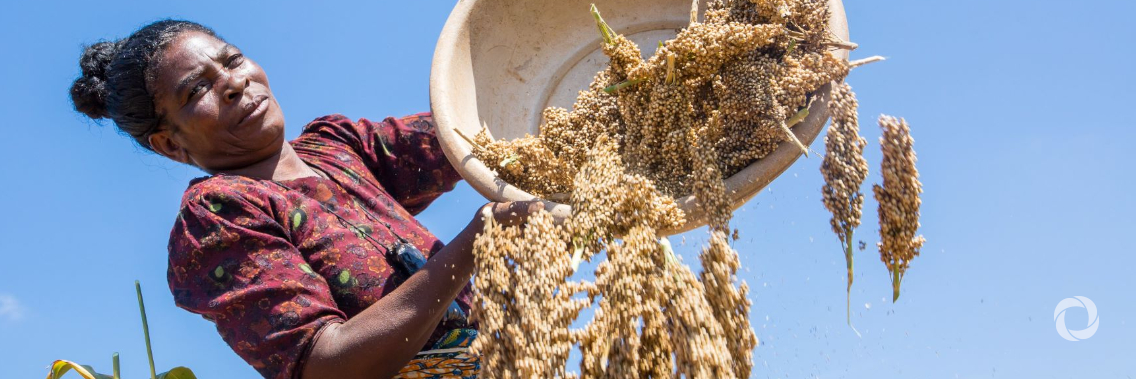The Food and Agriculture Organization of the United Nations (FAO) welcomed the decision by the Global Environment Facility (GEF) Council to allocate a substantial $ 176 million to 24 of its projects that tackle the critical intersection between agriculture and environmental concerns.
The projects address global environmental crises that impact the productivity and sustainability of agricultural systems on land and water across five continents. Four projects in Nicaragua, Guinea, Kenya, and Uzbekistan will contribute to the GEF’s Food Systems, Land Use, and Restoration Impact Program.
Led by the World Bank, this Program aims to protect ecosystem services by embedding production systems within wider landscapes. One project in Tanzania will complement the GEF Drylands Sustainable LandscapeImpact Program: led by FAO, it was established in 2019 to address the degradation of land and dryland ecosystems.
Further projects focus on safeguarding international and transboundary waters. One will help Brazil and Uruguay jointly manage the large Merin Lagoon, a vast freshwater lake that sustains millions of migratory birds. Another will help Cambodia and Viet Nam monitor and jointly manage their precious groundwater in the Mekong Delta region. This work strand includes the second phase of the Common Oceans ABNJ Program which aims to establish international standards for sustainable fishing and help reduce overfishing in tuna stocks and bycatch caught through unsustainable practices – ABNJ stands for Areas Beyond National Jurisdiction, which cover nearly 95 percent of the volume of the world’s oceans.
Four of the projects will allow FAO to support the governments in nine landlocked, small island and least developed countries, which face unique challenges due to their geographies and specific social, economic, and environmental vulnerabilities.
“The approved projects are designed to strengthen national food systems while delivering global environmental benefits to people and the planet. They will help smallholder farmers, fisherfolk and foresters diversify their livelihoods, and reinforce their resilience to climate change and other major stress factors, such as the COVID-19 virus,” the FAO Director-General QU Dongyu said.
All projects were climate-proofed and will be executed in partnership with and co-financed by the governments of Albania, Algeria, Brazil, Burkina Faso, Cambodia, Georgia, Guinea, Indonesia, Jordan, Kenya, Lebanon, Libya, Madagascar, Mauritania, Mexico, Montenegro, Morocco, Nicaragua, Papua New Guinea, Peru, Tanzania, Thailand, Tunisia, Turkey, Tuvalu, Ukraine, Uruguay, Uzbekistan, Vietnam, and Yemen.
Since becoming a GEF Agency in 2006, FAO has supported over 130 governments in implementing more than 200 projects with nearly a billion dollars in GEF financing. To date, FAO-GEF projects have benefitted almost five million men and women; created over 350 000 jobs in rural communities; safeguarded biodiversity in close to 200 vulnerable marine ecosystem; and saved some 1,000 crop varieties, and animal species and breeds, from extinction.
Original source: FAO
Published on 04 June 2020

